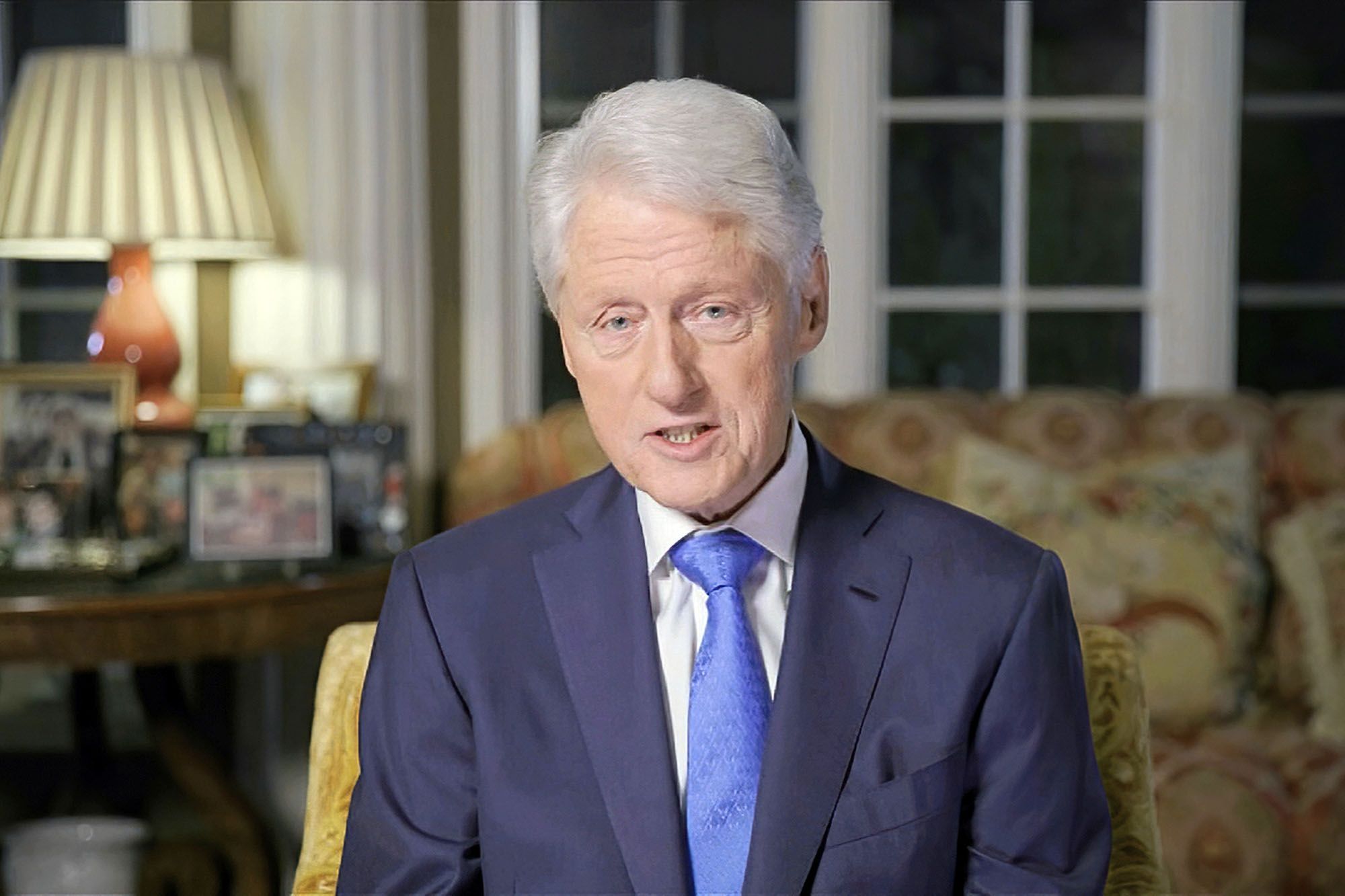
In January 1993, at the young age of 46, Bill Clinton became the 42nd President of the United States. During the Clinton years, America enjoyed an era of peace and prosperity, marked by low unemployment, declining crime rates, and a budget surplus. In foreign affairs, Clinton was vital in negotiating peace deals in places such as Israel, Bosnia, and Northern Ireland.
In 2001 Clinton left office with the highest approval rating of any president since WWII, but he was also the first president to be impeached since Andrew Johnson as a result of the Monica Lewinsky scandal. Afterwards, the charismatic ex-president remained in the public eye as a philanthropist, businessman, author, and campaigner for the Democratic party. His eight-year reign is widely considered to be one of the most successful presidencies in modern times.
Looking back, Clinton's journey to the White House began in 1964 when he enrolled at Georgetown University to study international affairs. Once he arrived, Clinton wasted no time in assuming a leadership role. He served as the president of his freshman and sophomore classes. On top of his studies and part-time jobs, he also worked as an intern in the office of Arkansas Senator J. William Fulbright. There he learned how government worked and what it was like to be a politician. An excellent student his whole life, Clinton's undergraduate successes won him a highly prestigious Rhodes Scholarship to study for two years at Oxford University.
Since his graduation from Georgetown’s School of Foreign Service in 1968, Clinton has established a long relationship with his alma mater. In 1991, as a Democratic candidate for president, he presented three “New Covenant" speeches on "Responsibility and Rebuilding the American Community," "Economic Change," and "American Security." And as President-elect, Clinton addressed the foreign diplomatic corps from the steps of Georgetown’s historic Old North building.
Later, in 2013, he delivered the first of four "Clinton Lectures" at Georgetown. The lectures examined the framework for a lifetime spent championing an idea espoused by his Georgetown professor Carroll Quigley: that tomorrow can be better than today and that every one of us has a personal, moral responsibility to make it so.
Then in 2017, Clinton returned to his alma mater to celebrate the 25th anniversary of his presidential election in 1992. Known as the "Clinton 25," the three-day symposium was organized by the university's Institute of Politics and Public Service. The former president first took part in a series of panel discussions exploring his political legacy, and then finally acted as the symposium's keynote speaker.
"We at least should be able to treat each other like human beings without assuming the worst," said Clinton, addressing the great political divide in the country. He urged Americans to dialogue with individuals with whom they may disagree. "This us versus them thing is the most dangerous thing we’re confronting, but as long as people are rewarded for it politically it will continue."
The message is fitting, especially from someone like Clinton who has become internationally renowned for his communication skills. Although his legacy is not without shadow, there is no denying the great success his communication skills brought first to Georgetown University, and then to the entire world.
